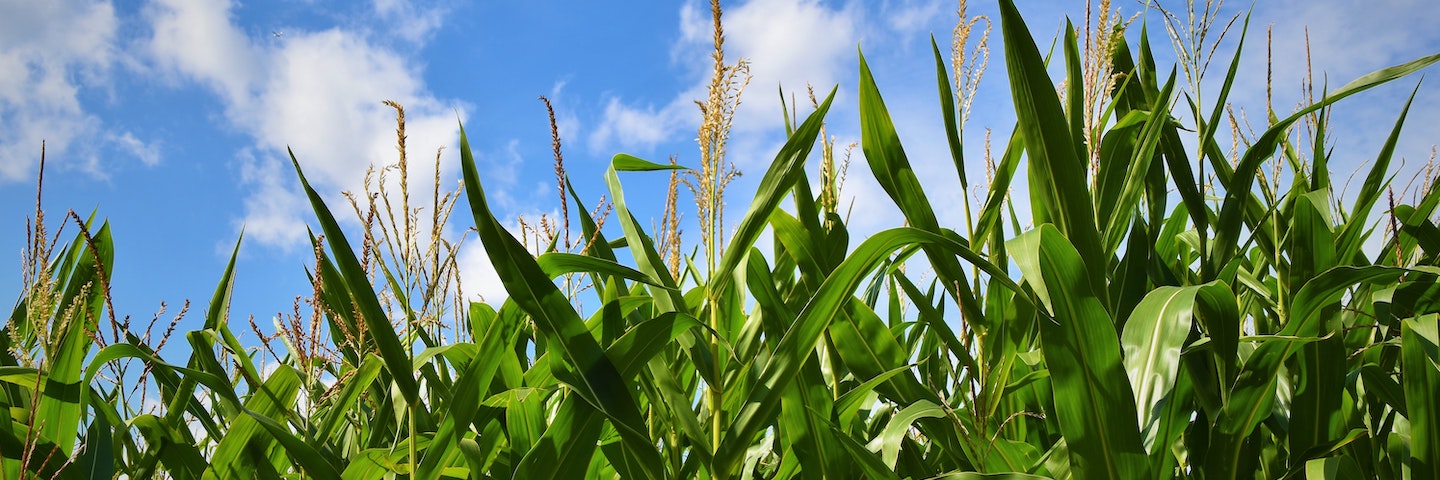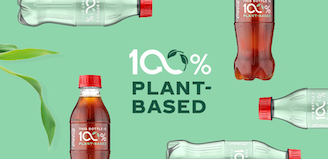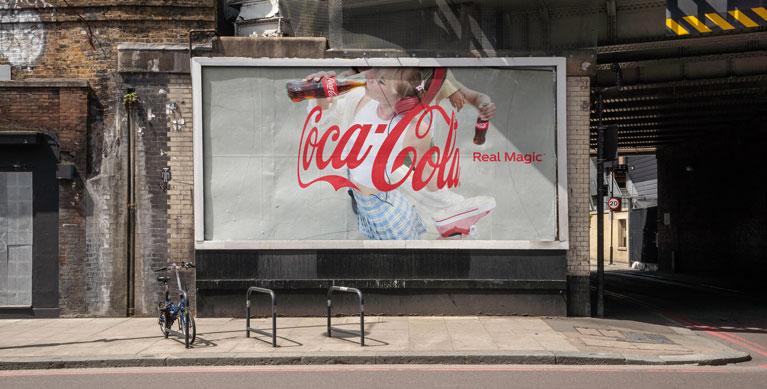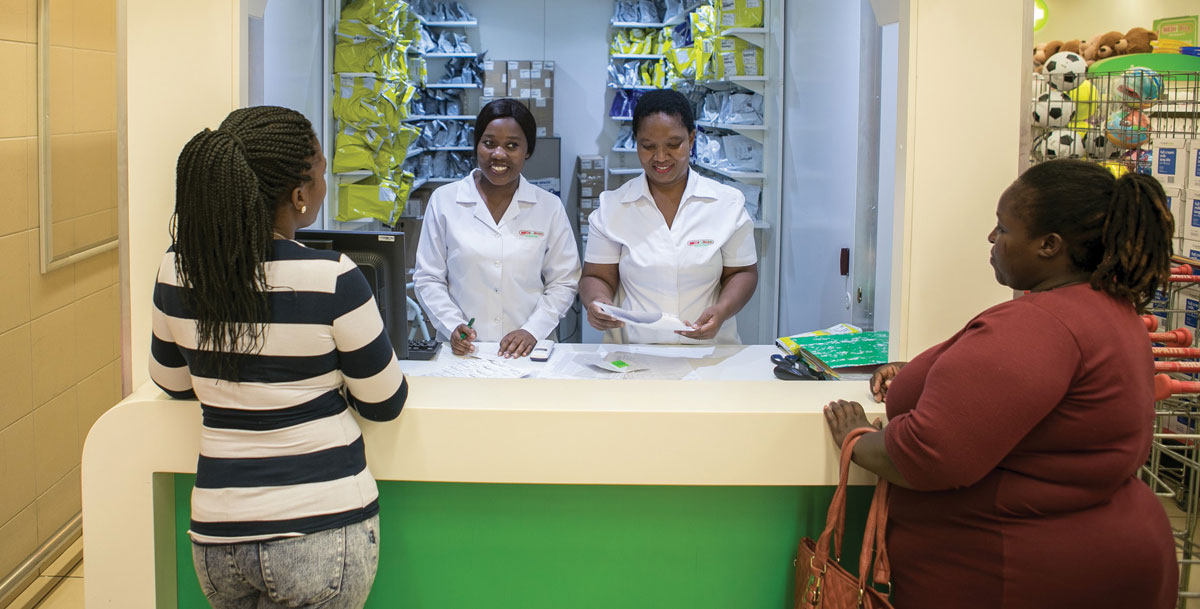
- Logo
- Our company
- Our brands
- Sustainability
- Social impact
- Careers
- News
- Investors
- Search
- Language
- Reciteme
Search

Coca‑Cola Enrolls 100% of its U.S. Corn Supply in Pioneering Sustainable Agriculture Initiative
Coca‑Cola has enrolled over 1 million acres of corn in Field to Market’s Continuous Improvement Accelerator, in effort to support local farmers through sustainable agriculture projects.
05-12-2021
The Coca‑Cola Company has enrolled more than 1 million acres of its U.S. corn supply in Field to Market’s Continuous Improvement Accelerator, supporting farmers through locally-led environmental conservation projects across the company’s key sourcing regions. Coca‑Cola’s projects in the Accelerator utilize Field to Market’s Fieldprint® Platform, a pioneering sustainable agriculture platform that enables farmers and the value chain to measure the environmental impacts of commodity crop production and identify opportunities for continuous improvement.
The company hit a cumulative 1 million acre milestone—which exceeds 100% of its annual U.S. corn supply—at the end of 2020, with support from four primary suppliers: Tate & Lyle, Cargill, ADM and Ingredion. Corn is used to produce high fructose corn syrup (HFCS), an ingredient in many beverages in The Coca‑Cola Company’s portfolio. This fulfills a commitment made in 2014 to the White House and Walmart.
Corn growers input data into the Fieldprint Platform tool to evaluate farming decisions related to biodiversity, energy use, greenhouse gas emissions, irrigated water use, land use, soil carbon, soil conservation and water quality.
“The quality and integrity of our products depends on a healthy supply chain with successful and thriving farming communities and ecosystems,” said Jon Radtke, director of water and agriculture sustainability for The Coca‑Cola Company’s North America Operating Unit. “We’re working with our suppliers and partners to create systemic change in our agricultural supply chain by promoting sustainable agricultural practices and building supplier capabilities to meet the standards for human and workplace rights, environmental protection and responsible farm management set out in our Principles of Sustainable Agriculture (PSA).”
“The quality and integrity of our products depends on a healthy supply chain with successful and thriving farming communities and ecosystems,” said Jon Radtke, director of water and agriculture sustainability for The Coca‑Cola Company’s North America Operating Unit. “We’re working with our suppliers and partners to create systemic change in our agricultural supply chain by promoting sustainable agricultural practices and building supplier capabilities to meet the standards for human and workplace rights, environmental protection and responsible farm management set out in our Principles of Sustainable Agriculture (PSA).”
Formerly known as Sustainable Agriculture Guiding Principles (SAGP), the PSA reflect the most recent science and external stakeholder perspectives and are based on environmental, social and economic criteria.
Field to Market Partnership
Coca‑Cola is a founding member of Field to Market: The Alliance for Sustainable Agriculture, a multi-stakeholder collaborative of food and beverage companies, NGOs, commodity growers, agribusinesses and public sector partners committed to defining, measuring and advancing the sustainability of commodity crop production. The collaboration, and commitment to the Fieldprint® Platform, align with the company’s PSA.
“Field to Market’s Continuous Improvement Accelerator continues to bring the industry voice and consistency to food and agriculture sustainability program reporting and supports suppliers, like Tate & Lyle, in sharing results with customers, like Coca‑Cola, while improving transparency to consumers,” said Anna Pierce, sustainability director, Tate & Lyle.
“Our engagement with Field to Market is a key step in our sustainable agriculture journey,” Radtke said. “These insights help us understand where we are from an impact standpoint and benchmark against our peers and national/state/county averages, as well as what we need to focus on to improve.”
Joe Maguire, global sustainable procurement director, The Coca‑Cola Company, adds, “We give full credit not only to our suppliers, who have gone above and beyond in their engagement but also to the growers who are analyzing their data because they recognize the value in improving the long-term sustainability of the world’s corn supply. In addition to using data from the Field to Market Fieldprint® Platform to drive continuous improvement throughout our agricultural supply chain, we will relay insights to many of our customers.”
As climate change leads to more erratic and extreme weather, sustainable farming practices will play a vital role in promoting resilience across our supply chain and in communities that provide agricultural ingredients. Ingredients used in The Coca‑Cola Company’s beverages account for 20-25% of its climate footprint (21% in the US) and about 85% of its water footprint. While agriculture is a source of greenhouse gas emissions, PSA-promoted practices are designed to reduce emissions and support healthy soils that ultimately will be capable of sequestering and storing carbon.
“Field to Market’s Continuous Improvement Accelerator continues to bring the industry voice and consistency to food and agriculture sustainability program reporting and supports suppliers, like Tate & Lyle, in sharing results with customers, like Coca‑Cola, while improving transparency to consumers,” said Anna Pierce, sustainability director, Tate & Lyle.
Initial results are promising. The platform is informing growers about certain practices to implement that can help reduce GHG emissions, for example, by changing cover crops, tilling practices and fertilizer use, Maguire said, adding that at least five years of data is needed to demonstrate sustained environmental footprint reduction.
The Coca‑Cola Company will continue to enroll 100% of its U.S. corn supply in Field to Market’s Continuous Improvement Accelerator.


